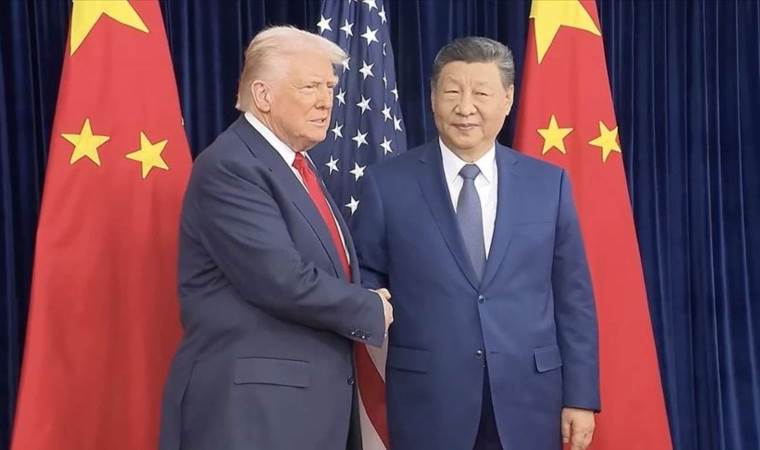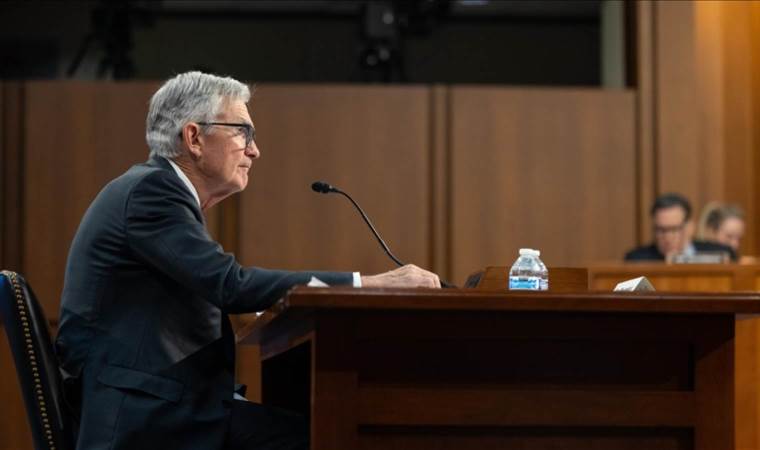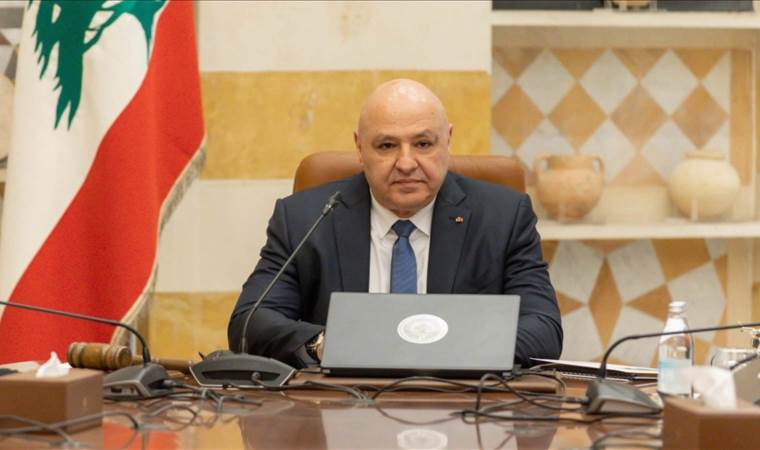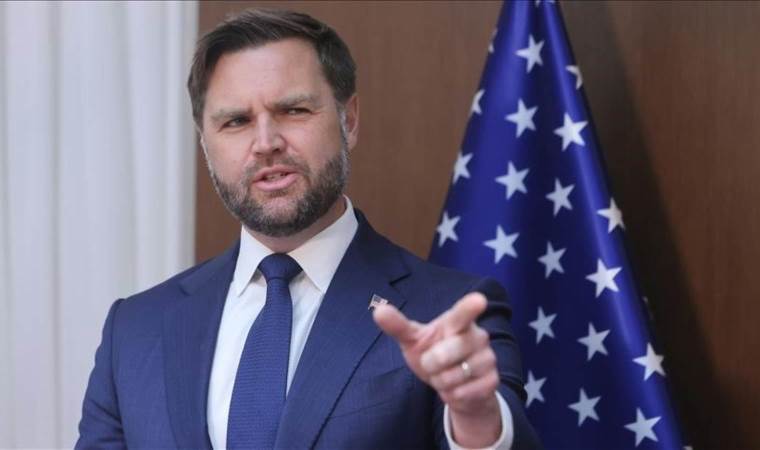Trump says Xi agreed not to impose rare earth restrictions, US to reduce some tariffs
US President Donald Trump said Thursday that his Chinese counterpart Xi Jinping agreed during their highly-anticipated bilateral meeting not to impose rare earth export controls that rattled global markets and prompted threats of retaliation from the US leader.

Trump said he and the Chinese president agreed on an "outstanding group of decisions" during their South Korea sit-down, which included Xi's decision to reverse course on the rare earth restrictions. Trump also said that he would lower some tariffs he imposed on Beijing over the flow of illicit fentanyl after Xi pledged to crack down on the drug flow.
"I guess on the scale from zero to 10, with 10 being the best, I would say the meeting was a 12," Trump told reporters on Air Force One after departing South Korea. "A lot of decisions were made there wasn't too much left out there."
A formal readout of the meeting has yet to be released by the White House, but Trump said he agreed to reduce fentanyl-related tariffs he imposed in February to 10% from 20%, because Xi committed "to work very hard to stop the death that's coming in."
"But again, it's complex because of what fentanyl is, what the precursors do. So, I think you're going to see a big difference," he said. "He's going to be very strong in enforcing the fentanyl, everything having to do with fentanyl and regulations internally, including taking very strong measures against those that don't obey."
Overall US tariffs on Chinese goods generally now stand at 47% following the 10-point cut, Trump said. He also acknowledged that he will not raise tariffs to 100% by Nov. 1, a threat he made over the rare earth export controls, because Xi changed course.
Asked about the sale of Nvidia microprocessor chips to China, Trump said he and Xi discussed "a lot of chips," but said they did not address the company's advanced Blackwell architecture. He added that Taiwan, a flashpoint in US-Sino tensions, did not come up during the meeting, and said China agreed to buy American soybeans in what could mark a boost to American farmers who have been hurt by the bilateral trade war.
Trump said he will now be traveling to China in April, and that Xi agreed to visit the US "sometime after that." A location for the US visit has not been decided.
Most Read News
-
 US Federal Reserve lowers policy rate 25 basis points in
US Federal Reserve lowers policy rate 25 basis points in
-
 Lebanese president orders army to confront Israeli raids
Lebanese president orders army to confront Israeli raids
-
 177,000 civilians trapped in Sudan’s El-Fasher amid mass
177,000 civilians trapped in Sudan’s El-Fasher amid mass
-
 Democrats 66 narrowly leads Dutch parliamentary election
Democrats 66 narrowly leads Dutch parliamentary election
-
 JD Vance says Israel ‘not controlling this president of
JD Vance says Israel ‘not controlling this president of
-
 Merz calls for 'strategic partnerships' to address globa
Merz calls for 'strategic partnerships' to address globa
-
 Hamas to return remains of 2 more Israeli hostages under
Hamas to return remains of 2 more Israeli hostages under
-
 Trump says Xi agreed not to impose rare earth restrictio
Trump says Xi agreed not to impose rare earth restrictio







